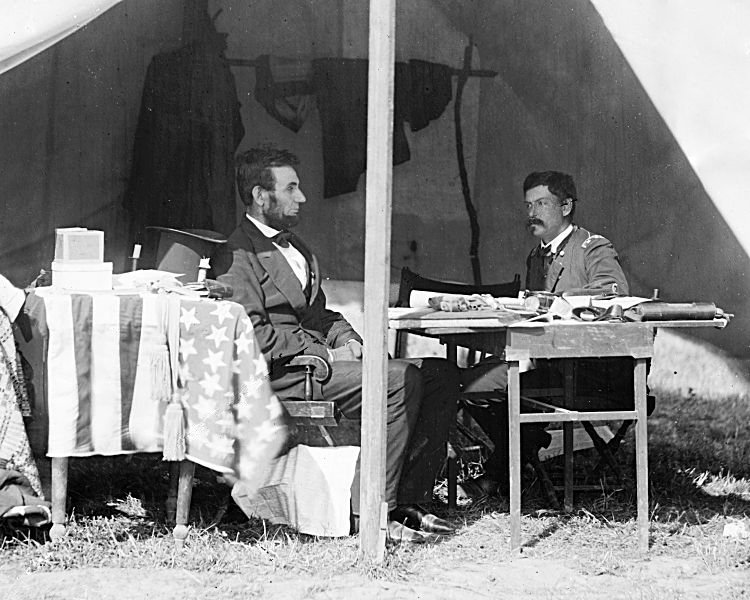
The Civil War was one of the most pivotal events in American history, shaping not only the fate of a nation but also its identity. At the forefront of this momentous conflict was none other than Abraham Lincoln, widely regarded as one of America’s greatest presidents. But what if I told you that Lincoln almost lost the war? That’s right – despite his legendary leadership and strategic prowess, there were several instances where victory hung by a thread. In this blog post, we’ll delve into just how close Abraham Lincoln came to losing the Civil War – and why it ultimately mattered so much that he didn’t.
Abraham Lincoln and the Civil War
The American Civil War was fought from 1861-1865, with the Union (Northern) army eventually defeating the Confederate (Southern) army. Abraham Lincoln, the 16th President of the United States, served as Commander-in-Chief of the Union army during the war.
Under Lincoln’s leadership, the Union army emerged victorious in 1865. However, it was a close call. If not for a few key decisions made by Lincoln, the outcome of the war could have been very different.
For example, in 1862 Lincoln decided to issue an executive order that would lead to the emancipation of all slaves in rebel states. This bold move put pressure on the Confederacy and helped to turn public opinion in favor of the Union.
Likewise, Lincoln’s decision to appoint Ulysses S. Grant as Commander-in-Chief of the Union army in 1864 was crucial in ensuring victory. Grant was a skilled military strategist and under his leadership, the Union army was finally able to defeat Robert E. Lee’s Confederate forces.
Without these and other important decisions made by Abraham Lincoln, it is quite possible that the Civil War could have ended differently – with a Confederate victory instead of a Union victory.
The Union’s Near defeat
In 1862, the Union was close to defeat in the Civil War. The Confederates had won several important battles, and Lincoln’s army was struggling. The Union’s chances of winning were slim, and Lincoln knew it. He was desperate to find a way to turn the tide.
Lincoln turned to General Ulysses S. Grant for help. Grant was a skilled military leader, and he quickly began to turn the tide in the Union’s favor. The Union won several key battles under his leadership, and by 1865, the Confederates were defeated.
If not for Grant’s skill as a military leader, it is possible that the Union would have lost the Civil War. Lincoln recognized this, and he later appointed Grant as Commander of all Union armies.
Lincoln’s Leadership
Lincoln’s leadership during the Civil War was questioned by many, including some of his own cabinet members. He was criticized for his handling of the war and for his decision to issue the Emancipation Proclamation. However, Lincoln’s leadership was instrumental in ultimately winning the war for the Union. He made difficult decisions that were not popular at the time, but which proved to be effective in the long run. Lincoln also showed great strength and fortitude during one of the darkest periods in American history.
The Turning Point of the War
The turning point of the Civil War was the Battle of Gettysburg. This was the bloodiest battle of the war, and it resulted in a Union victory. This victory boosted morale among the Union troops and showed that they were capable of defeating the Confederacy.
Abraham Lincoln’s leadership and tactical expertise during the Civil War were integral in ensuring the Union victory. Despite numerous challenges along his journey, he persevered to ensure that justice and freedom were eventually achieved for all citizens of America. With courage and resolve, Lincoln successfully navigated an incredibly close-run civil war that could have easily gone either way – a testament to both his commitment to liberty as well as his military acumen.